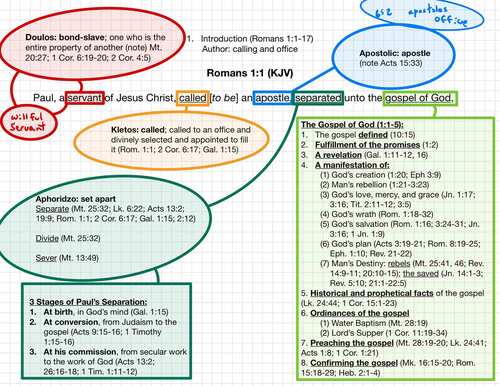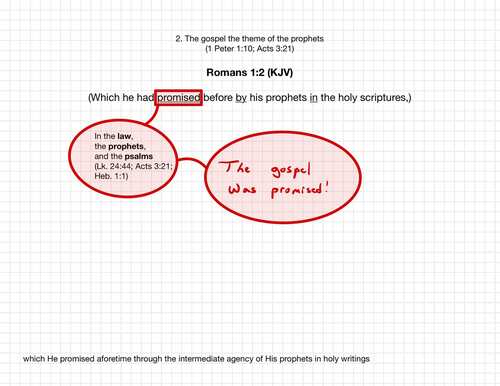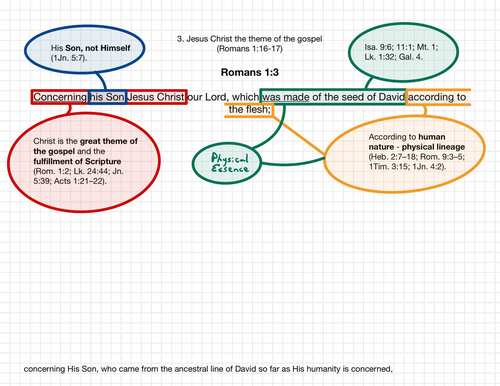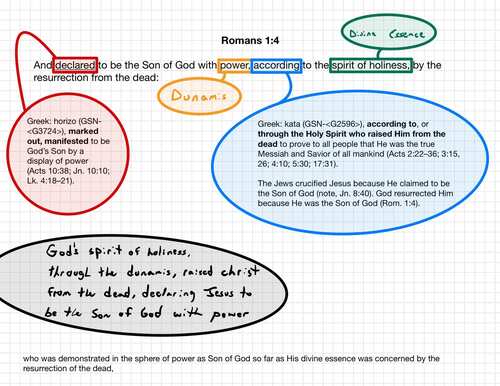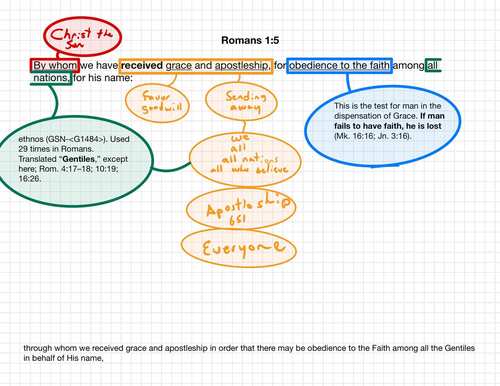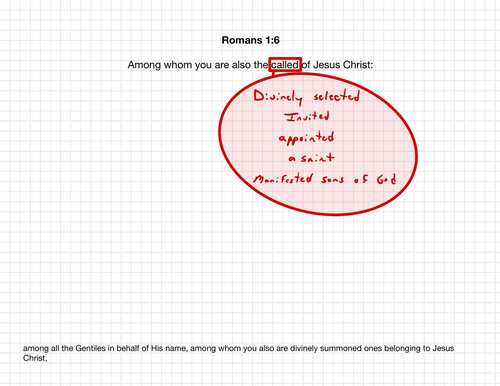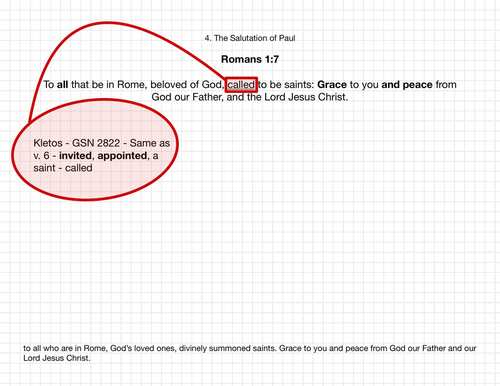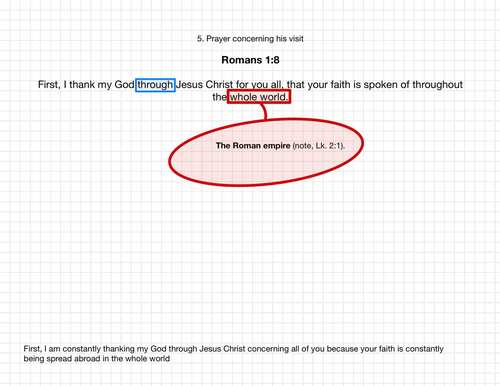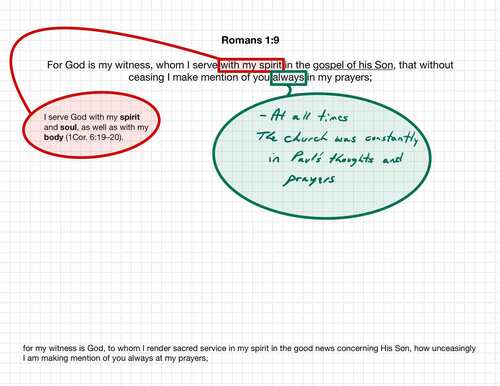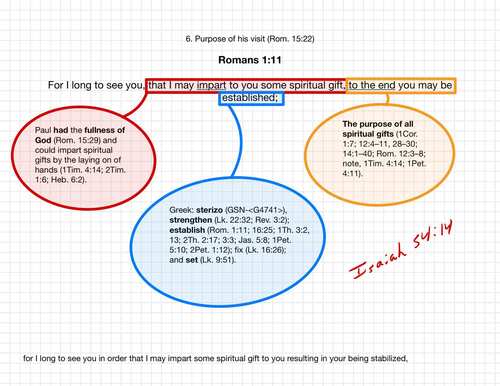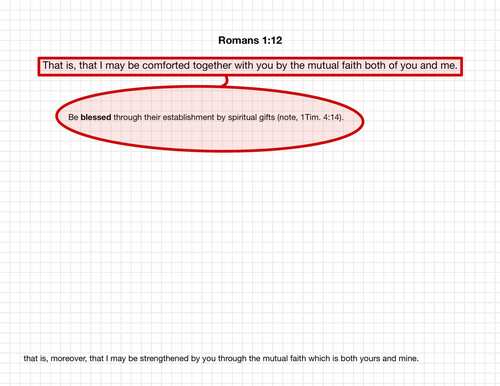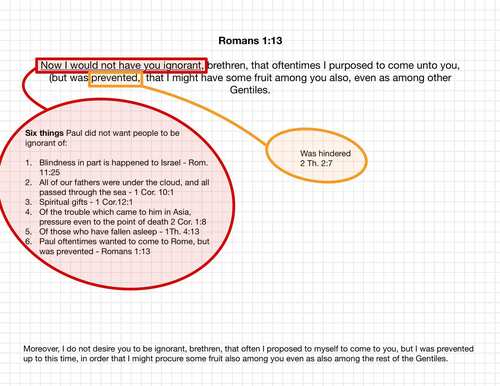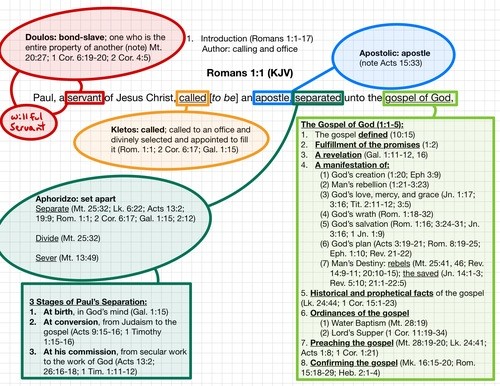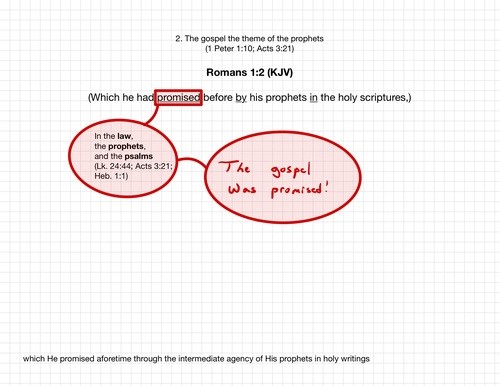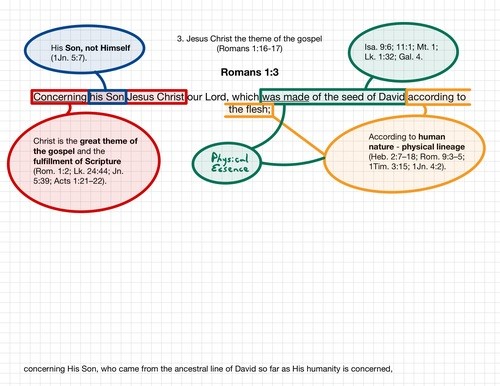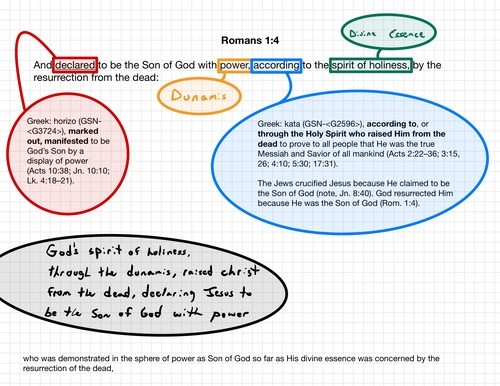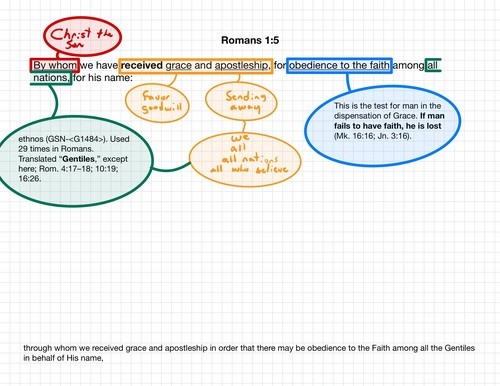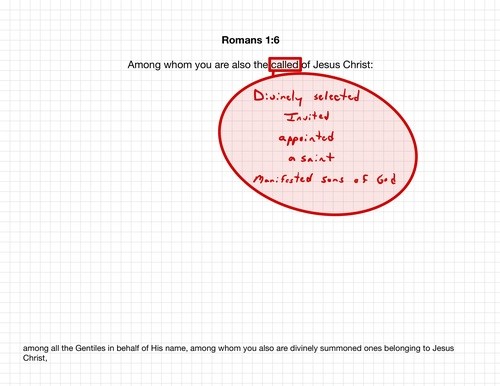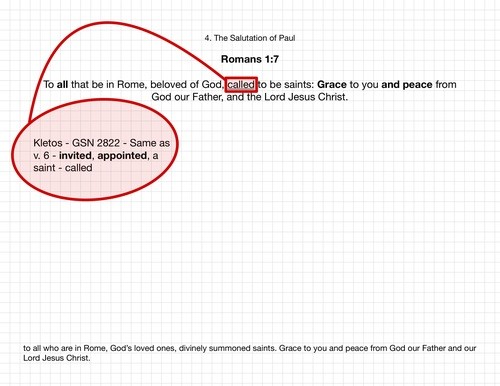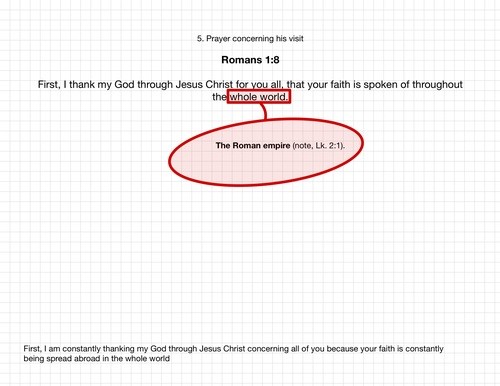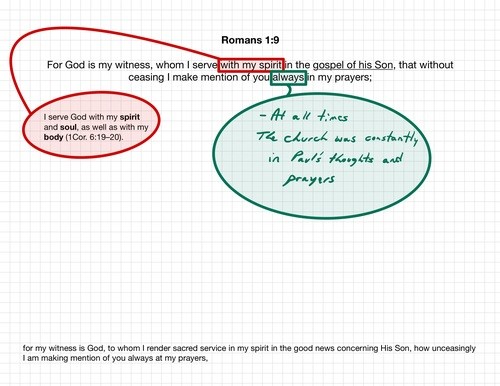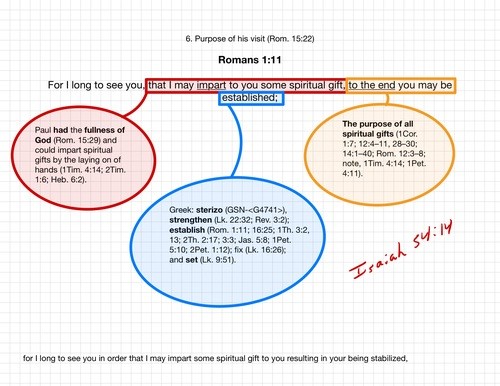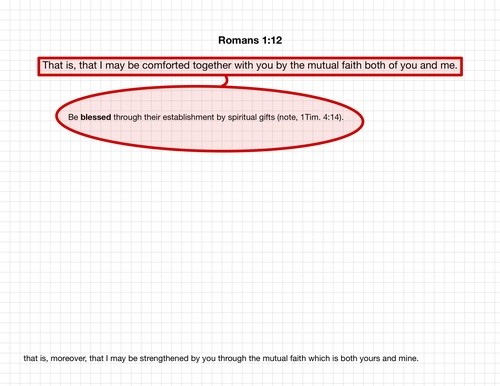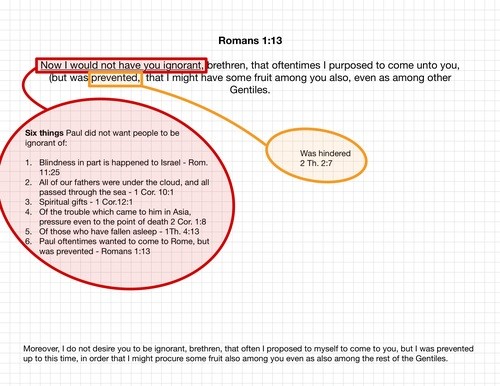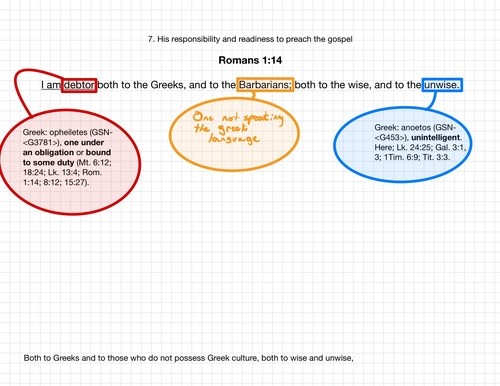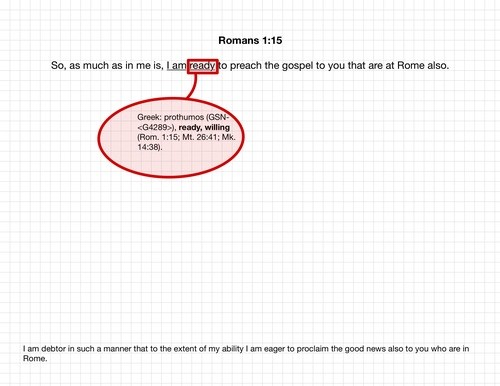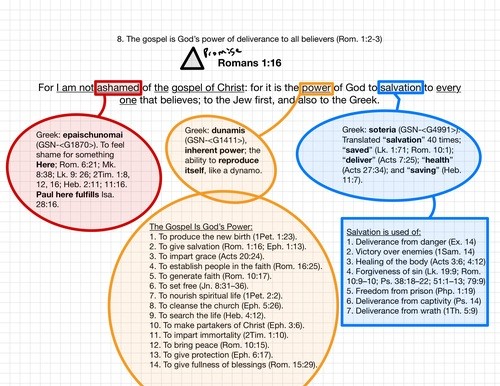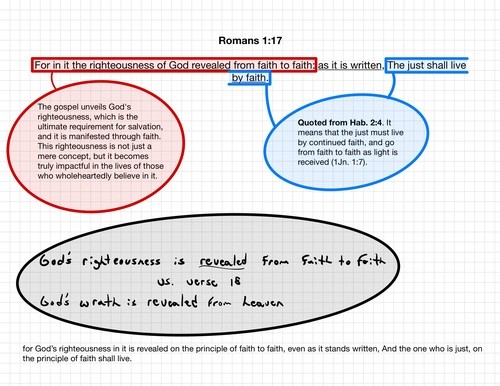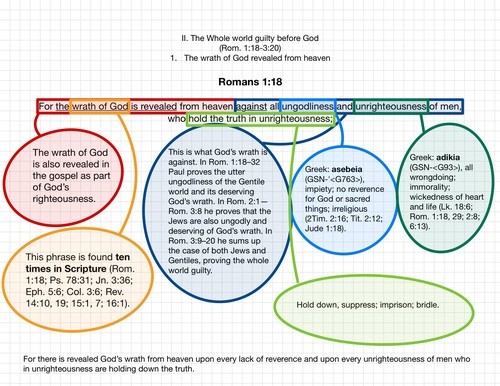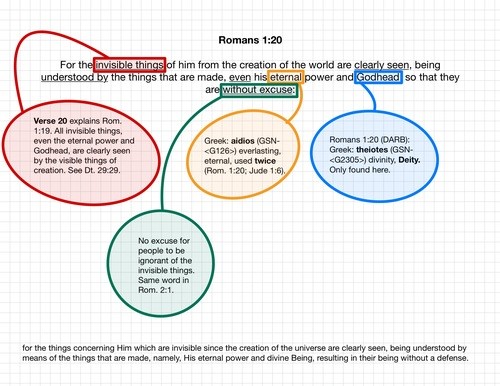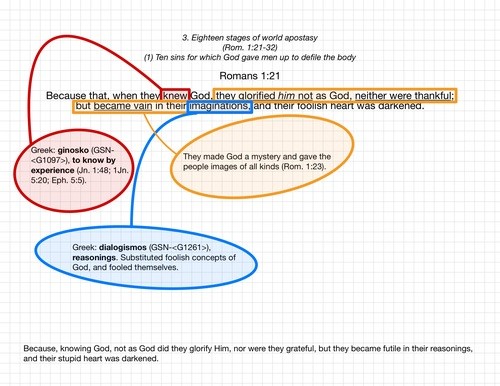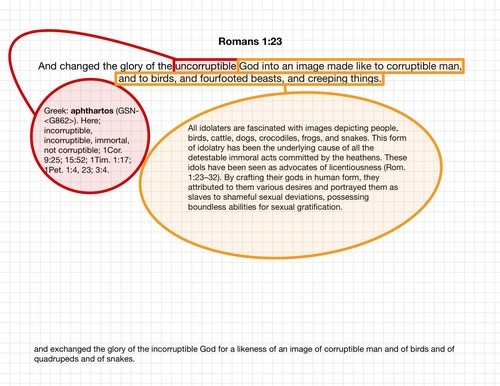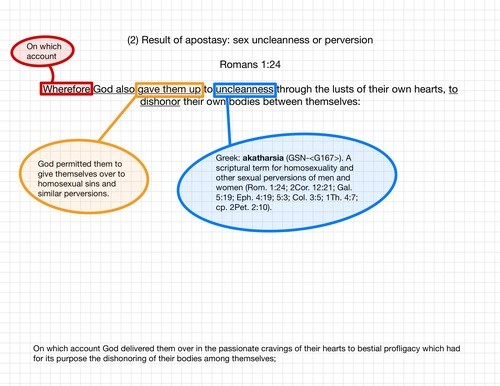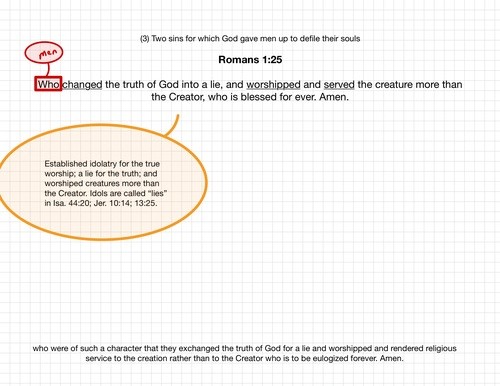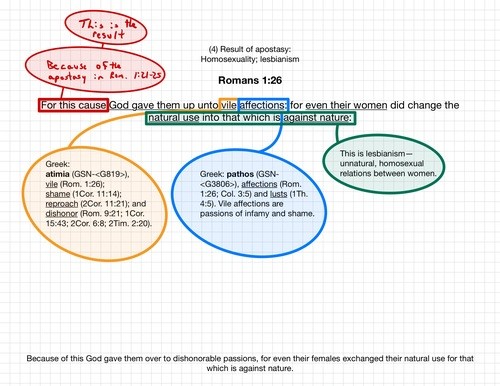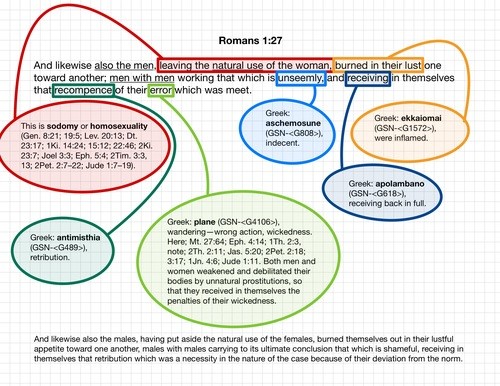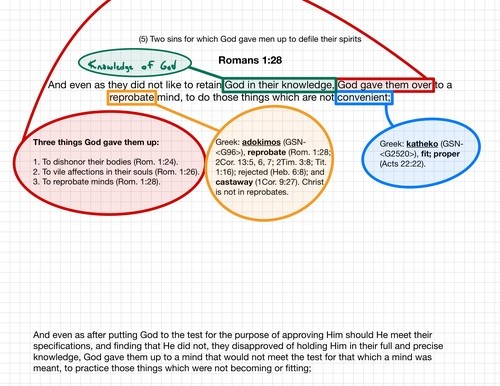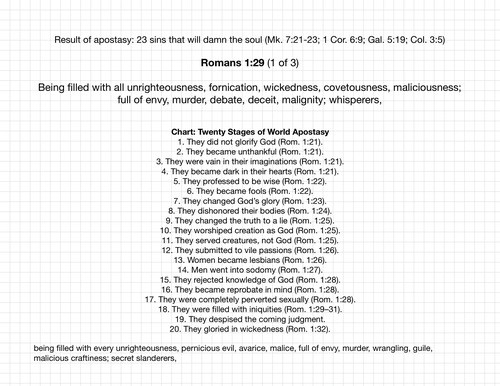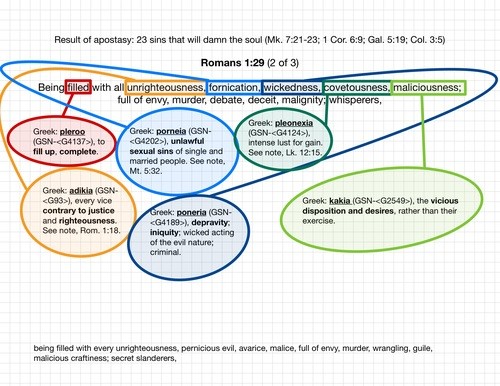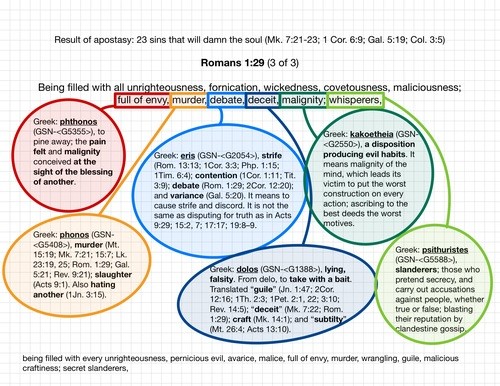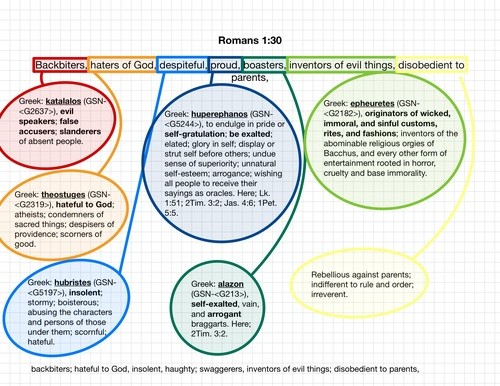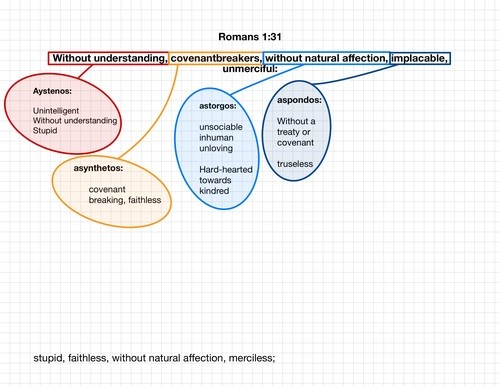Paul - Initially called Saul, he gained notoriety as a church persecutor but later became renowned as a minister of the gospel, adopting a new name from God in the process despite his previous attempts to dismantle Christianity. Utilizing his new name signifies the truth of his transformation as a new man in Christ Jesus, where his past has been eliminated, and his new identity as Saul ceased to exist once he experienced rebirth and dedicated himself to serving Jesus Christ. The name Saul is associated with Paul's identity before Christ, while his new identity after Christ is known as Paul, which he willingly adopts and uses for his ministry. In this passage, Paul demonstrates his rejection of the worth he once attributed to his former identity and his acceptance of the person he has become through his faith in Jesus Christ. The fact that Paul chose to go by the name Paul, which is a non-Jewish or "gentile" name, demonstrates his desire to identify with his primary audience and fully embrace his role as an apostle to the Gentiles.
In his quest to win them over, he assimilated into their ranks, adopting their ways. This unwavering commitment to adapt to different people drove him to become all things to all men. Paul's method exemplifies the missionary spirit, akin to Jesus leaving the sanctuary of heaven to dwell among humanity, risking everything to rescue humanity. Undoubtedly, Paul could have chosen the easier path by staying in the familiar and secure city of Jerusalem. However, he recognized the immense sacrifice his Master had made to save humanity. Thus, Paul was determined to go to great lengths and make necessary sacrifices to spread the message of Jesus' sacrifice far and wide. Paul willingly embraced the same selfless act of Jesus, who became human and sacrificed himself for mankind. He mirrored this sacrificial love by offering his life for the same purpose, inspired by the One who had loved and given everything for him.
Bondservant - Picture a bond slave as someone wholly owned by another, but with a twist. Unlike a typical slave, a bondservant might have already cleared their debt to the owner, yet they opt to stay and serve voluntarily. Paul's life took a dramatic turn as he embraced a new path. Gone were the days of life as his own; he now found himself as a man under the guidance of God’s authority and ownership - for he was bought with a great price. From that moment on, his life was dedicated solely to fulfilling the desires of his Master. Every day, he prioritized his Master's work above all else, devoting himself entirely until his last breath. However, Paul was not forced into slavery or coerced against his will. Instead, he willingly embraced his role as a devoted servant out of his deep love for Jesus Christ. Paul joyfully carried out his Master's will from the depths of his heart without obligation or compulsion.
Christ Jesus - In this passage, we come across an interesting distinction in how Paul uses the name of the Savior compared to other writers of the New Testament. While most writers, except for two references in 1 Peter, use the term "Jesus Christ," Paul uses the reverse order, "Christ Jesus." The reason behind this lies in the sequence of events. The other apostles first encountered Jesus and then realized he was the Christ. However, Paul's experience was different. He first encountered Christ and then discovered that this was the man Jesus.
Called as an Apostle - An apostle is someone who is "sent out" on a mission - or "sent one." Just as Jesus was sent from heaven to earth to make a sacrifice for us, he is both our Apostle and High Priest. Similarly, those who are "called" are not just called for the sake of having a calling, but they are "called" to be sent out and fulfill the divine purpose with all the authority needed to accomplish it. Jesus expressed that just as the Father sent him, he also sent his followers. The one sent is entrusted with the responsibility of faithfully reflecting the character and purpose of the sender. In one sense, everyone in Christ is an Apostle because we are all sent, but Paul fulfilled a specific assignment through a designated office entrusted by the Lord.
Set apart for the gospel of God - Paul has discovered his true purpose in life, which revolves around spreading the good news. He has intentionally excluded any other pursuits from becoming his main focus. In Greek, the term "set apart" is aphorizo. It can mean to divide, separate, or mark off a boundary. It also implies "horizon," symbolizing something beyond one's vision or comprehension. In this context, the term "gospel" signifies the incredible news that God extends mercy to us instead of judgment, all thanks to Jesus' sacrifice. This truth profoundly shapes Paul's entire perspective on the world. He embodies this positive outlook, always viewing Christ's work through a “good news” lens. He recognizes the inherent worth of every individual, believing that Christ died for each person and that they are deeply loved and valued by God - none outside of this capacity. He does not make judgments “according to the flesh” but instead focuses on the worth that comes solely from being "in Christ." The most important thing to him is Jesus Christ and His sacrifice and crucifixion on the cross.

